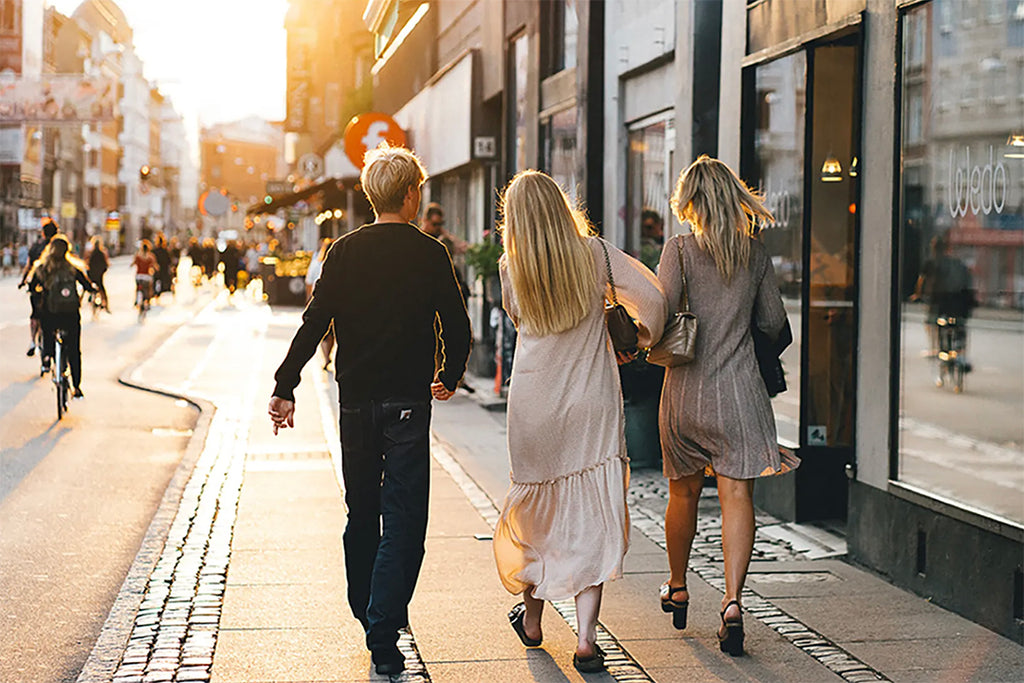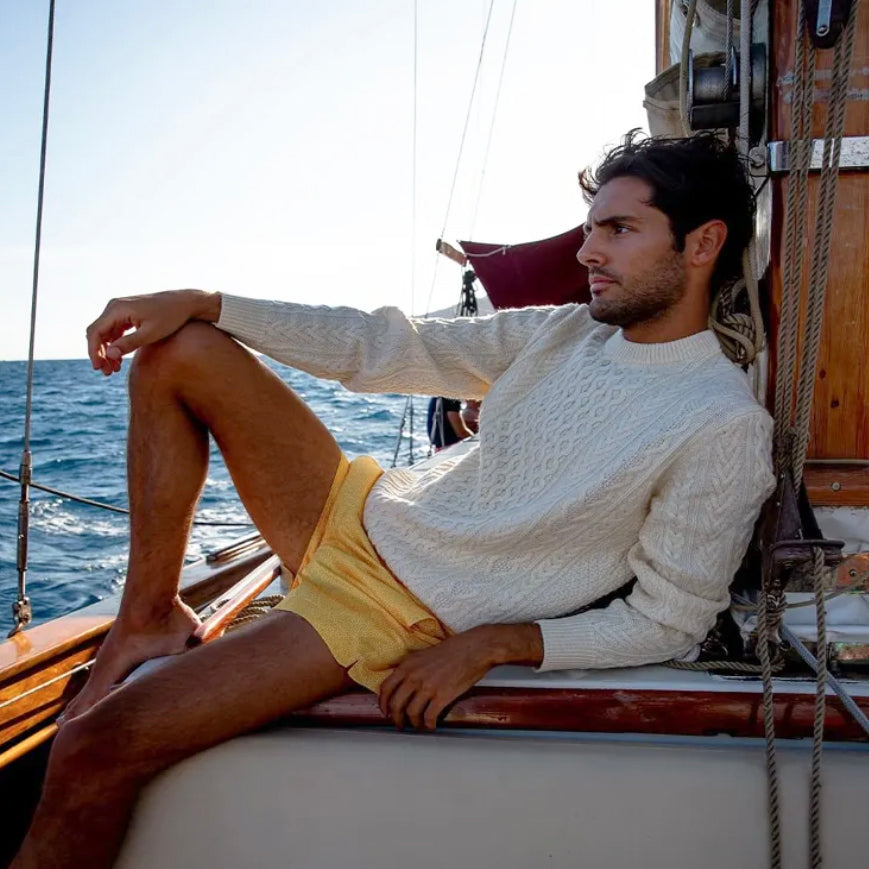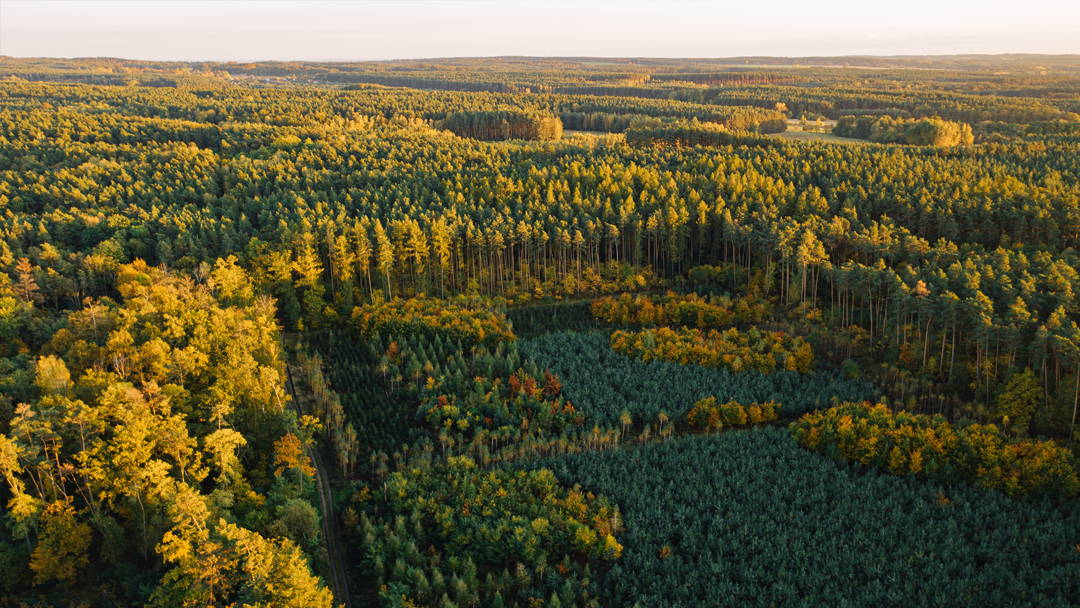
What is Eco-Anxiety?
…And How to Manage it
By Renee Fortune
I was recently engaged in one of my methodical procrastination sessions when I came across an image that stopped my scrolling finger. It was a teenage girl, involved in a protest, holding a sign that said, “you will die of old age, I will die of climate change.” I had never seen climate change so perfectly captured in a single statement. I’m not being dramatic when I say that I got heart palpitations and felt overwhelmed by a wave of anxiety. I struggled to shake the feeling of impending doom.
That moment pretty much sums up what I’ve been feeling for a number of years without being able to label it. After doing some research, I realised that I am not alone – there’s a term for this feeling. It’s called eco-anxiety, and it’s very real.
The notion of ‘eco-anxiety’ is relatively new – not in the sense that it hasn’t existed up until now, but because psychologists and medical experts have only recently given it a name. While it’s not an official diagnosable condition listed in the Diagnostic and Statistical Manual of Mental Disorders, it’s a term that is widely recognised by mental health professionals across the board.
As opposed to generalised anxiety, ‘eco-anxiety’ is a feeling of extreme angst, distress and concern; often accompanied by a feeling of helplessness, around realities like environmental degradation and climate change.
Eco-anxiety is the outward manifestation of crippling fears relating to loss of life, the welfare of future generations, food security and the wellbeing of the planet. These fears are closely related to the news that is flooding mainstream media. Rising sea levels, changes in weather patterns and the prevalence of natural disasters, are realities of the world we live in.
In terms of symptoms, eco-anxiety has some clear indicators, including post-traumatic stress disorder (relating to specific incidents), shock, depression, aggression, feelings of fatalism and a loss of feelings of autonomy. While some people may experience eco-anxiety relatively mildly, for others (including myself), it can be debilitating.
I often think to myself in frustration that if the world’s most influential people are not talking about climate change and what we can do to curb it, then what could they possibly be talking about? What else other than the planet and its people matter at a time like this? Can the human race ever present a united front against the destruction of our environment? It’s a downward spiral.
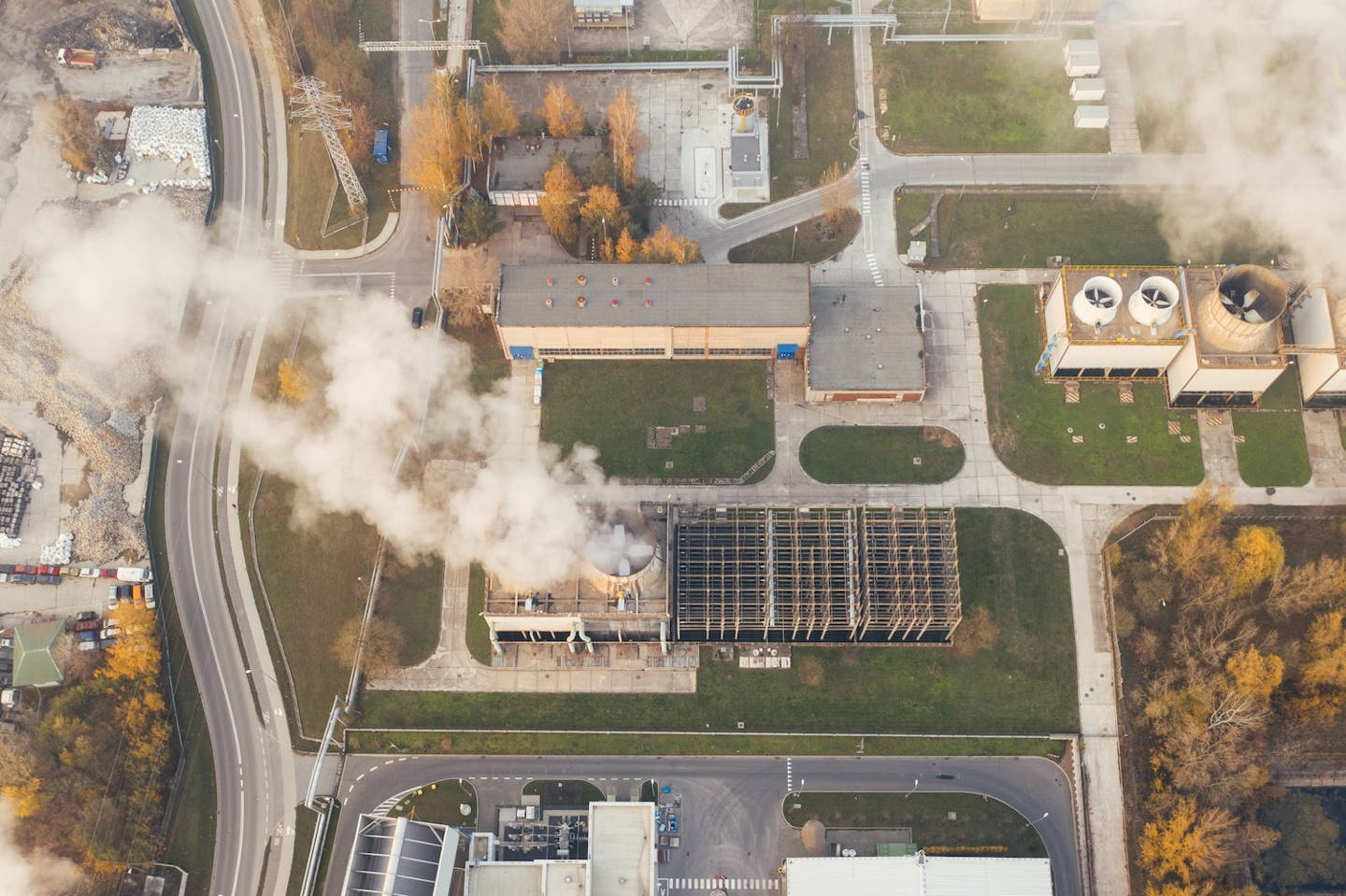
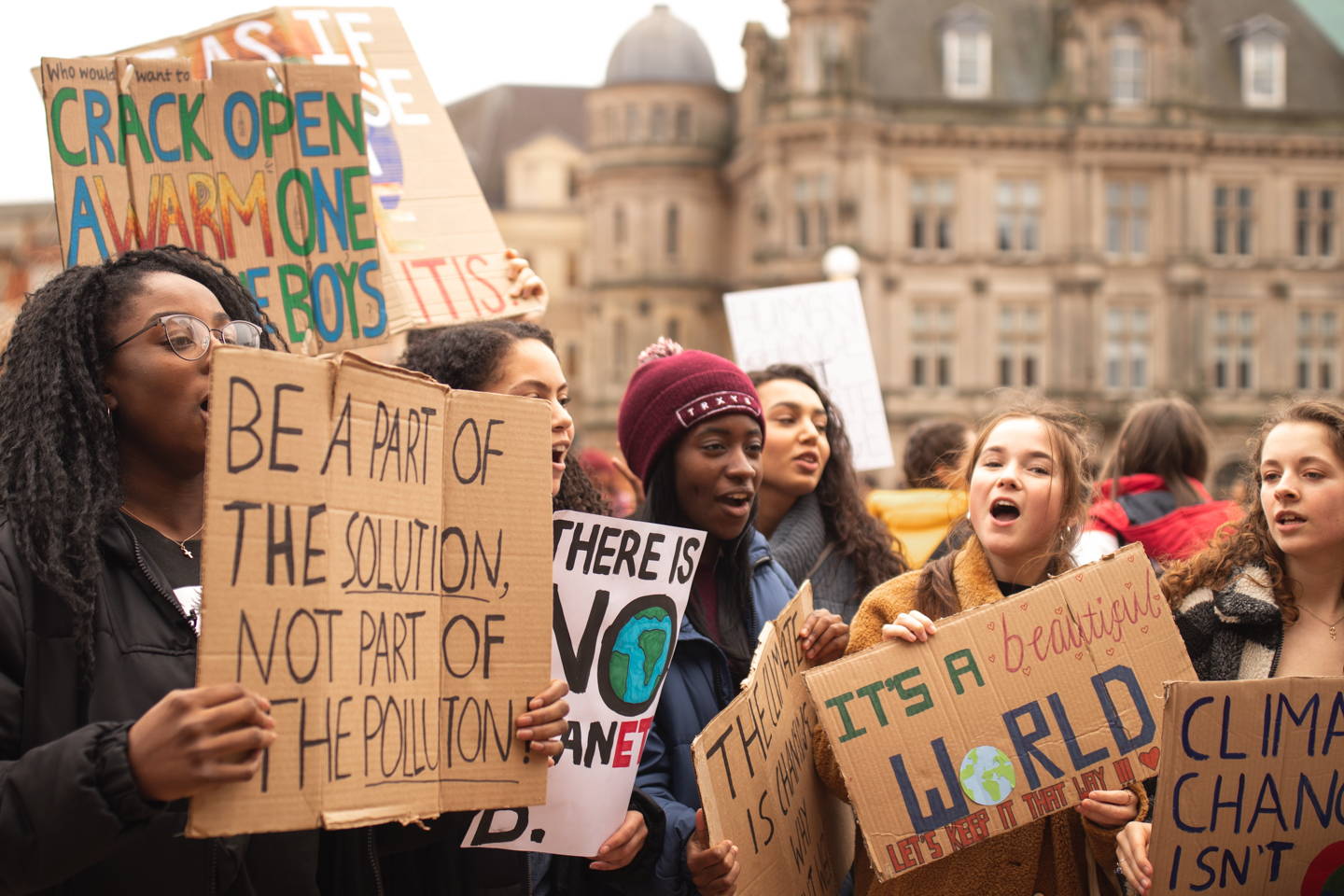
I believe that the most central feeling people who suffer from eco-anxiety feel, is the sense that as individuals, we are so small and seemingly insignificant in the grand scheme of things. To be fair, that is true. But it does not mean that our individual actions do not matter. I’ve seen that they do, in a very tangible way and there are ways to manage eco-anxiety. Some include:
1. Making greener choices
As consumers, we hold more power than we realise. Our choices around what we spend our money on and how much we spend, has the power to change which products and services saturate the market. I like to think that as much as there has been a ripple effect in terms of the negative impact that consumerism has had on the world, there is also an opportunity for us to create a ripple effect of positivity by promoting conscious consumerism. Start with the small things – support brands that are carbon neutral or striving to become carbon neutral, choose an eco-friendly car wash, recycle, use glass instead of plastic, plant a tree – the more action I take as an individual to play my part towards making a change, the less anxious I feel.
2. Volunteering
It’s easy to forget that in a fast-paced world like ours, time and effort are also valuable commodities. How we spend ours, can detract from the fight against climate change or contribute towards it. In my experience, I have found that dedicating my time and resources towards causes that help the planet and its people, is a two way street – it not only makes a difference to my community but gives me a sense of purpose, which is a powerful antidote for feeling helpless or disempowered.
3. Avoid triggers
The media is a noisy space. Every brand, cause and campaign is vying for our attention. And with the rapid advancements being made in the digital space, the internet is becoming more and more personalised. This, of course, has its benefits. But there’s a darker flip side that involves people being bombarded with messaging without really opting into or soliciting that content. The media can be triggering and overwhelmingly negative, because let’s face it, bad news sells. But there’s another commodity I can choose how to spend – my attention. I turn off notifications, avoid push notifications and unsubscribe, unsubscribe, unsubscribe. Then, when all the clutter is gone, I subscribe to the good stuff, the positive news, the uplifting, proactive content that helps me become a better person and a better contributor towards positive change. There is a vast difference between staying educated and worrying about things I cannot change – the wisdom to know the difference comes with time and experience.
4. Talking about it
Activists are not only the people we see taking to the streets, fighting with authorities and risking their lives and livelihoods for the causes they believe in. That’s just a part of it. True activism happens within our close circle of friends and family, among the people we have influence over. That’s why sharing what we know about what the planet needs is important. It’s important to share our experiences and feelings about the world and the unique challenges of the present time. You may be pleasantly surprised to learn that there are many people who share feelings of anxiety around what’s happening, and that you are not alone. Find your tribe, talk to them and keep talking – the more we can contribute to popular discourse around climate issues, the more we can raise awareness, get people thinking and start accelerating change.
Sign up to our newsletter
Stay up to date with the latest in sustainable luxury for the home, your style and your beauty regime.






